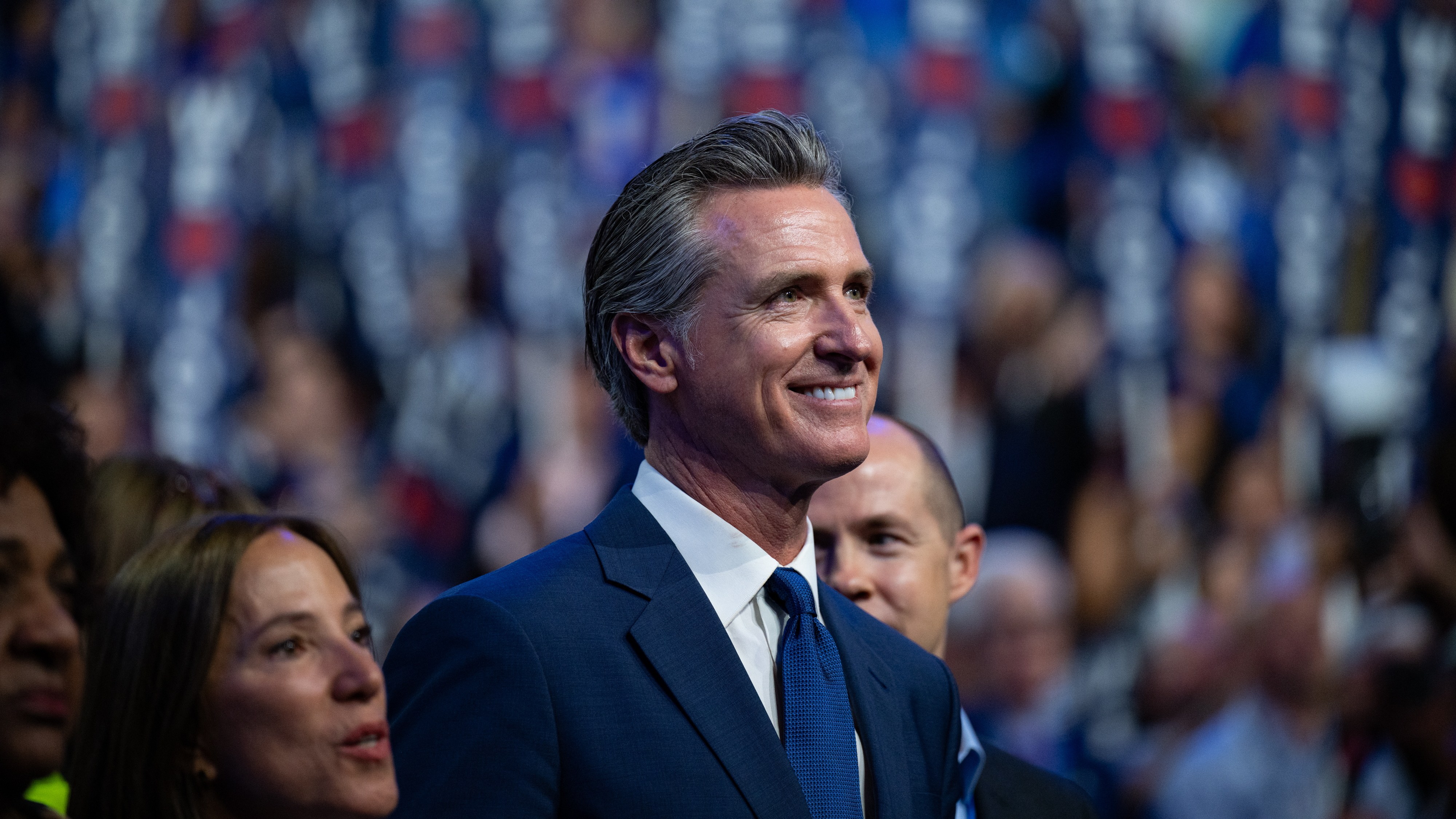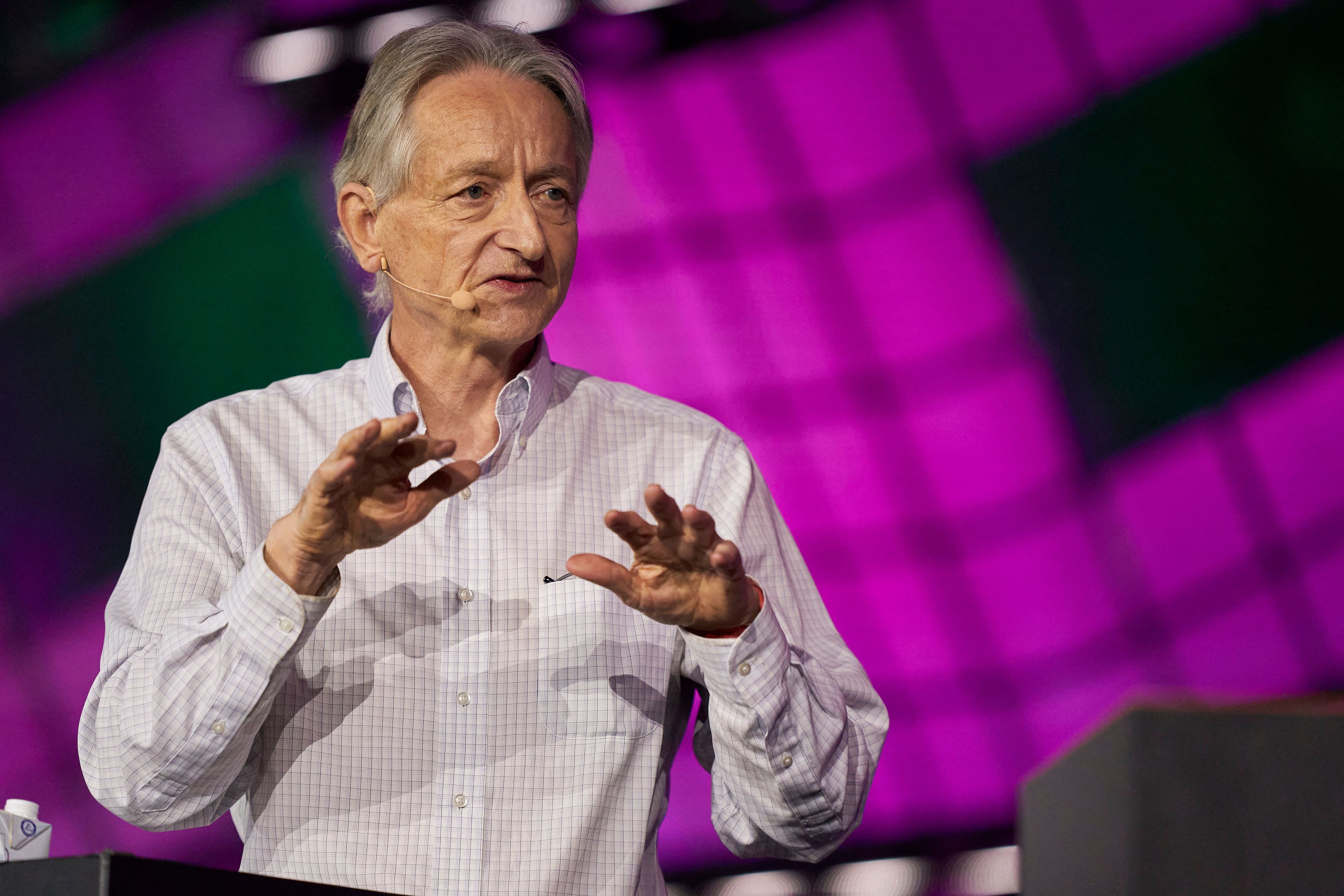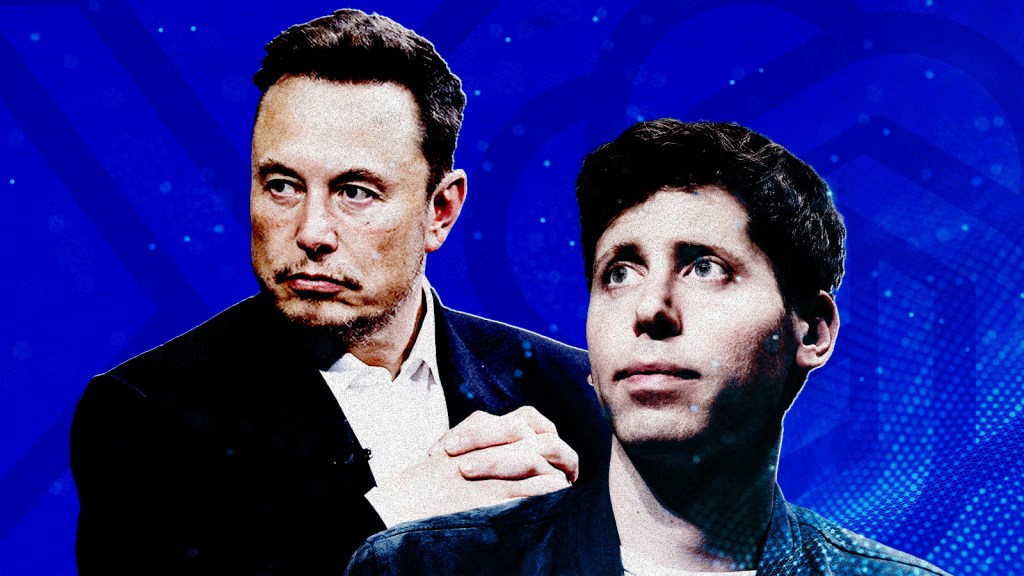Contentious AI Bill Sparks Debate in Silicon Valley
Elon Musk is set to transition his social media platform X from San Francisco to Texas, following California’s new legislation prohibiting schools from informing parents if their children choose to identify by a different gender. This recent move is characterized as his “final straw,” as Musk also plans to redomicile SpaceX out of California. Previously, he relocated Tesla’s headquarters to Texas in 2021, citing discontent with COVID-19 lockdowns, remarking, “If a team has been winning for too long, they do tend to get a little complacent.”
In a surprising twist, Musk expressed support for California’s groundbreaking artificial intelligence (AI) safety bill, which Governor Gavin Newsom has until September 30 to sign. Musk stated, “All things considered, I think California should probably pass the AI safety bill,” emphasizing his long-standing advocacy for AI regulations similar to those of other technologies that pose potential risks.
The proposed legislation would mandate developers to integrate a “kill switch” into their systems, establish an AI regulatory authority, and require regular independent audits. Companies could face significant fines if their AI technologies create public safety threats, including the facilitation of weapons of mass destruction and cyber-offensive capabilities.
Critics of the bill, including Sam Altman, head of OpenAI, warn that such regulation could hinder technological advancement, suggesting the law is founded on unrealistic scenarios. Meta’s AI lead, Yann LeCun, echoed these sentiments, asserting that the bill could stifle innovation.
The reaction from industry leaders is particularly notable, given that just a year ago, many—including Altman—sought regulatory frameworks to ensure safe AI deployment, even appealing to Congress for pre-release approvals for new models. With the rapid rise of OpenAI following the launch of ChatGPT, the narrative has shifted dramatically.
Investor Bill Gurley remarked that the cries for regulation often reflect a desire from incumbents to establish rules that favor their position. “The level of lobbying effort is unprecedented,” he noted last year.

Scott Wiener, the Democratic author of the bill, described it as a “light-touch” framework that codifies existing voluntary commitments made by major AI companies. Influenced by dialogues with the industry, significant provisions were modified, including the removal of the attorney general’s ability to sue for negligence before incidents occur. The bill targets AI models with training costs exceeding $100 million while allowing many startups to operate without constraints but still capturing those investing significant sums in other companies’ systems.
Amidst these developments, the AI sector is booming like never before, reminiscent of the internet’s early days. OpenAI is reportedly on track to secure funding that could value it at an astounding $100 billion. Musk recently raised $6 billion to develop a supercomputing cluster for his AI project. He has labeled AI as “the most disruptive force in history.”
Competition within the AI field is fierce, driving up salaries into the seven-figure range for engineers and leading to a speedy rollout of novel features and services.
If enacted, the California law would set a precedent as the first of its kind in the United States, possibly influencing regulations elsewhere. Notably, UK Prime Minister Rishi Sunak had convened the AI Safety Summit at Bletchley Park, resulting in a voluntary agreement among leading developers to undergo testing by an AI Safety Institute, though the commitment has largely been ignored.
Despite opposing California’s efforts, OpenAI and its competitor Anthropic recently agreed to share their advanced models with the newly established AI Safety Institute—a direct initiative from President Biden’s administration aimed at overseeing AI safety measures.

Geoff Hinton, often referred to as the “godfather of AI,” has publicly supported the California legislation. He remarks, “Forty years ago when I was training the first version of AI algorithms, no one anticipated how far AI would progress. Powerful AI systems offer incredible promise, yet the associated risks must be taken seriously.”




Post Comment